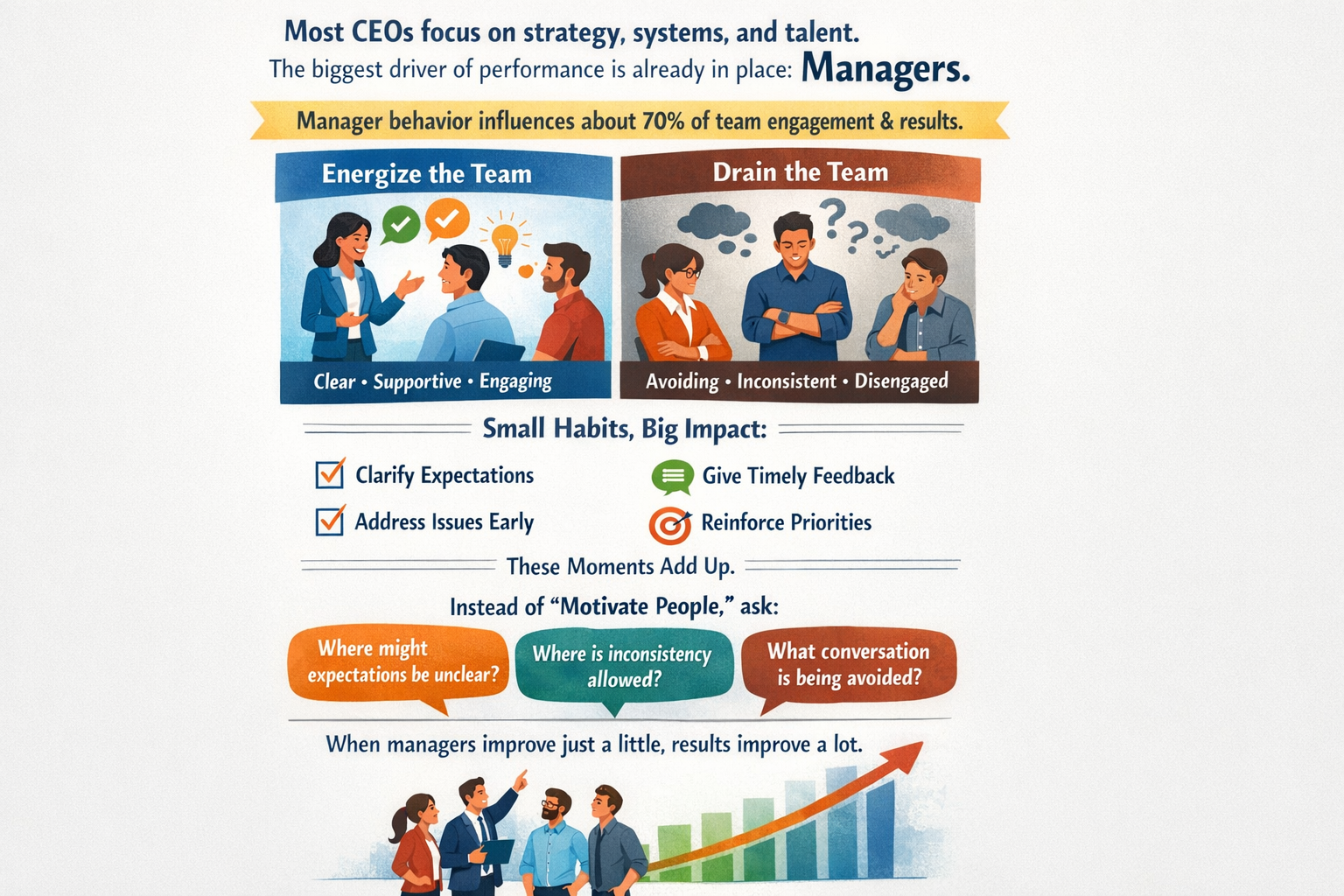May You Experience Peace and Joy

The festive season has arrived! Bright lights and appealing decorations are all around us! The air is full of happy celebration!
Peace and joy are abundant in the communities around us. Are you feeling this peace and joy in your heart, at work, and at home?
When people like their work they are more productive and have a more positive life experience. One of the main contributors to people liking their job is that they are making a difference at work because their job matters and they are doing their job well. When people are confident in these areas, they feel valued and stable, giving them a sense of peace about their livelihood.
Another contributor to people liking their job is having friendly relationships at work. When someone is appreciated and feels comfortable appreciating others, when workplace colleagues trust each other, and when coworkers smile and regularly greet each other in a friendly manner, they experience joy and contentment at work. And these positive emotions spill over into their personal lives.
If your workplace is a place of peace and joy, continue to be a leader who positively impacts the environment around you. If this isn’t your work experience, what can you do to inject positivity and appreciation so you and others can start experiencing peace and joy at work.
Thinking about being positive and appreciating the diversity of people around me brings back wonderful memories of enthusiastic sing-alongs at Junior Farmers’ Association of Ontario events. Hundreds of teens and young adults expressed peace and joy as we sang the following chorus written by Paul and Ralph Colwell.
Up! Up with people! You meet ‘em wherever you go,
Up! Up with people! They’re the best kind of folks we know.
If more people were for people, All people ev’rywhere,
There’d be a lot less people to worry about, And a lot more people who care.
Wishing you a Merry Christmas and a Happy Holiday Season!
May you experience peace and joy and be a source of peace and joy for others.


